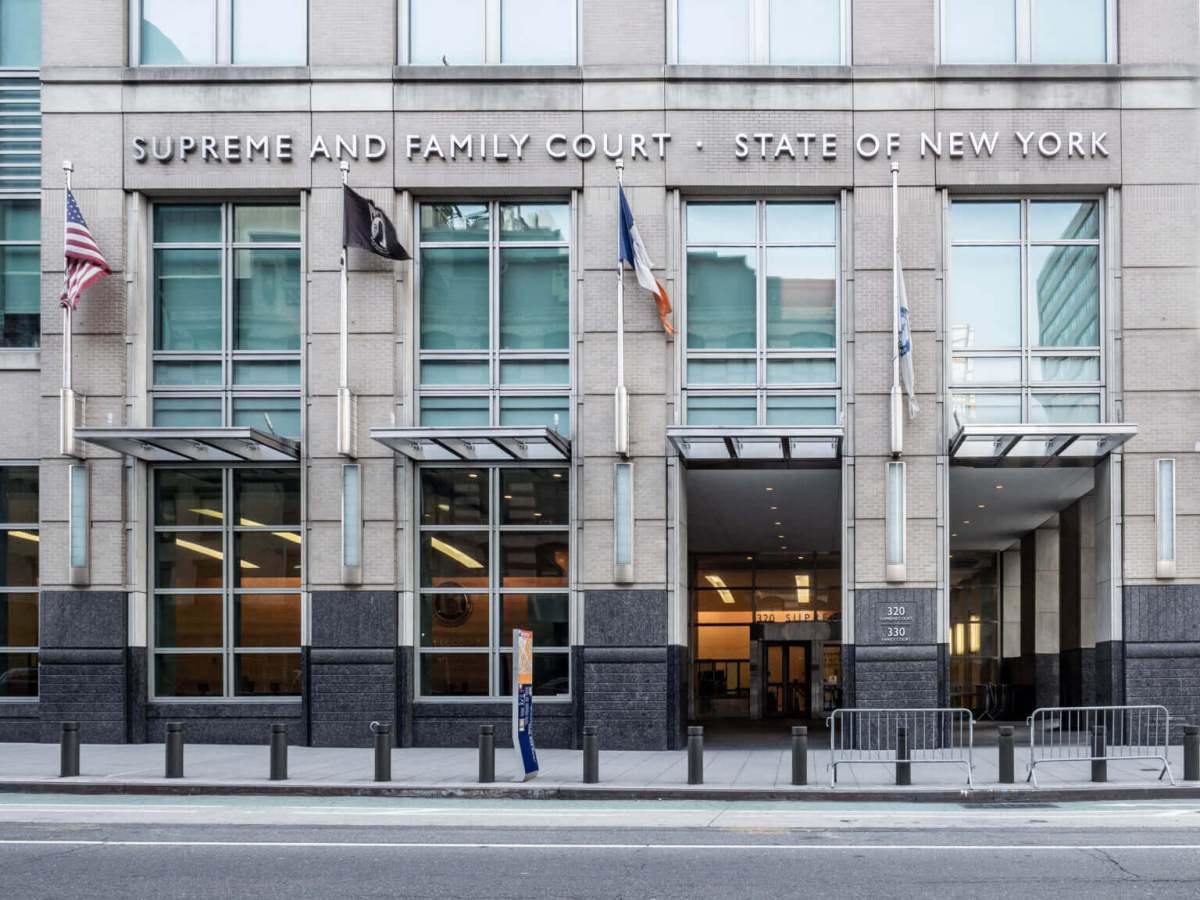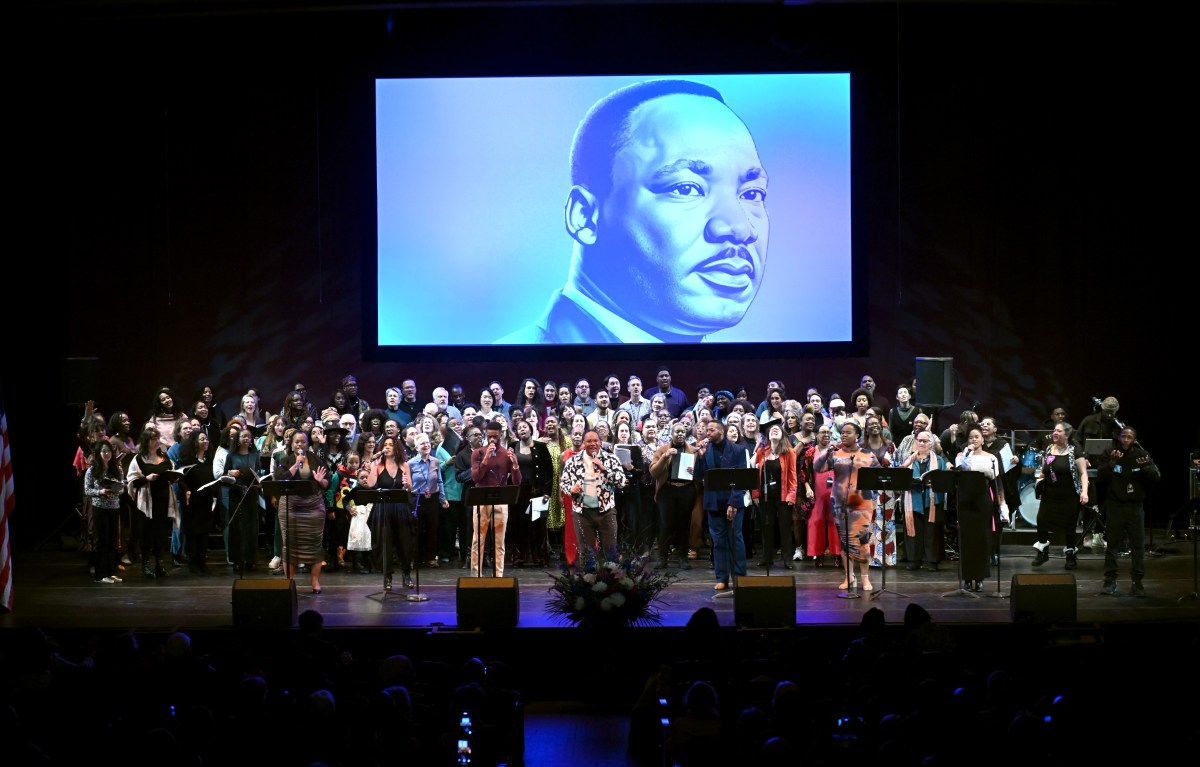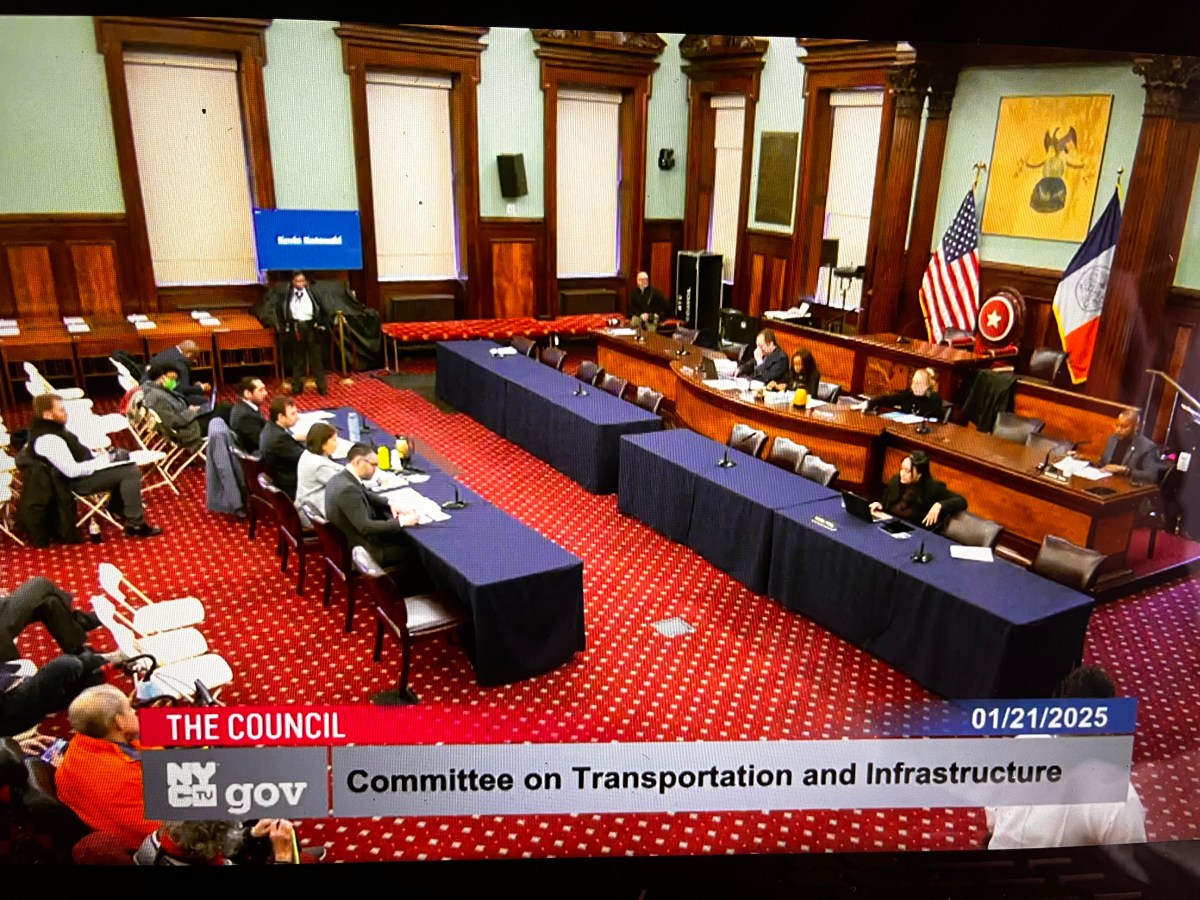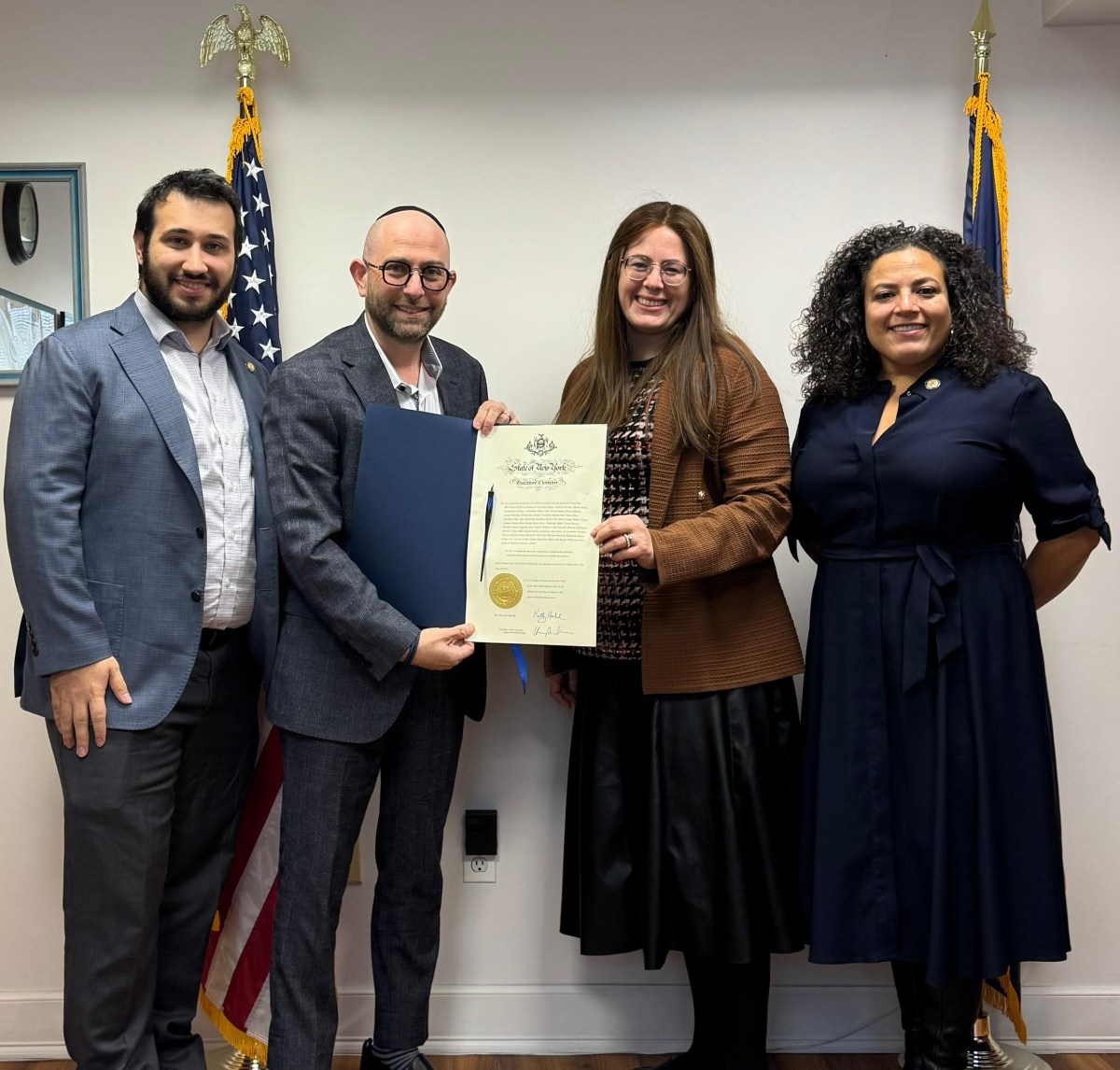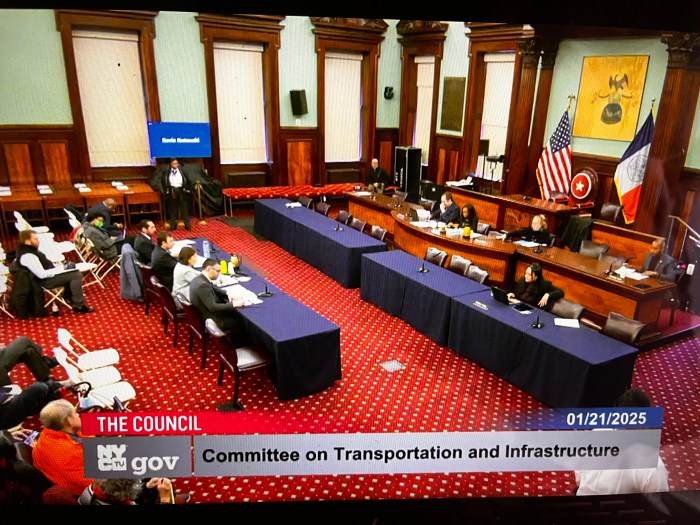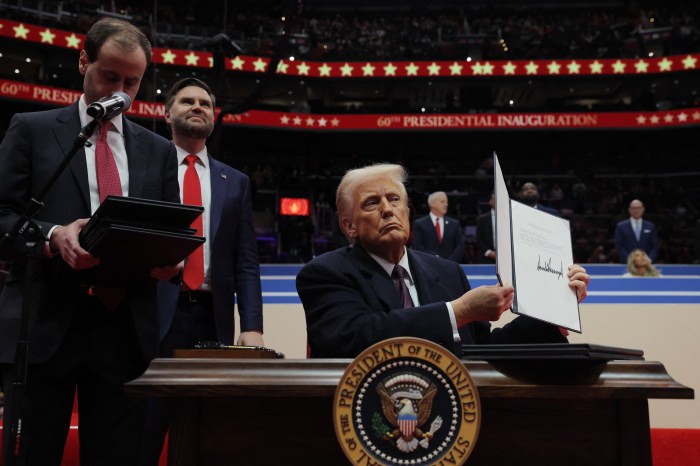A group of language interpreters working for New York’s court system say they are being systematically underpaid despite the high skill level required of their job, leading to considerable dysfunction in the disposition of justice for the millions of New Yorkers with limited English proficiency.
The claims were made in a lawsuit filed in Manhattan Supreme Court Wednesday by 29 court interpreters, working in all five boroughs and three other counties in the state, translating court proceedings in Spanish, Mandarin, Cantonese, Polish, and American Sign Language. The interpreters are also joined in the suit — which names the Office of Court Administration, the agency overseeing the state’s judiciary, as a defendant — by the advocacy group New York Communities for Change.
The class action suit claims that the state’s sprawling court system “presides over, promotes and knowingly preserves, and refuses to correct, discriminatory pay practices…because those Interpreters are largely of non-United States national origin, either by birth or ancestry.” The plaintiffs argue this is in violation of the 14th Amendment’s guarantee of equal protection.
“Our interest in the lawsuit is obviously, the workers’ fair pay and ensuring that people in the courts have access to quality service that would allow them to fully participate in critical court proceedings, that will often the future of a person’s life,” said Lucas Sanchez, deputy director of New York Communities for Change. “And to ensure that the quality service that is needed, you need to recognize the critical work of the people who are making it possible.”
Court interpreters provide translation services for judicial proceedings, which are entirely in English, to court users with limited English proficiency, estimated at 1.8 million city residents comprising 25% of the Big Apple’s population. The courts employ interpreters in 20 different languages plus American Sign Language.
Interpreters not only translate complex judicial proceedings for defendants and plaintiffs speaking little English, but also interpret for witnesses, translate court documents, and sometimes even translate conversations between attorneys and their clients.
The job necessitates a high level of skill, plaintiffs contend. Being fluent in English and another language is hard enough, but interpreters must be able to keep up with fast-moving proceedings suffused with arcane legal jargon and quickly interpret for anxious clients facing a stressful experience.
“To interpret for such a broad range of speakers, an Interpreter must have an ample repertoire of vocabulary and be able to handle language that ranges from subject-specific terminology to colloquialisms, regionalisms, and slang,” the lawsuit reads.
Just 10% of applicants who took the 2015-16 Spanish court interpreters’ exam passed the test even after it was graded on a curve, underscoring the level of skill needed in the job, the plaintiffs say.
However, that level of skill is not reflected in interpreters’ compensation, they say. Interpreters’ salaries can range from $60,245 to $85,886 in the New York court system. The salary pinnacle in New York is over 80% below the top pay for interpreters in federal court.
At the top end, interpreters also make 53% less than court reporters, who transcribe judicial proceedings for the record entirely in English and are mostly white and natural-born citizens, according to the plaintiffs. In federal court, interpreters make more money than court reporters.
Unlike judges, court reporters, and clerks, interpreters are not provided with desks, computers with internet access, or telephones, and cannot sit in the courtroom’s “well” with other judiciary employees. The plaintiffs contend interpreters are frequently treated with disrespect by other employees, including being placed at desks with other people’s food containers, having to ask permission to use electronic devices, and in one case, being referred to as “chattel” by a judge; the latter incident is under investigation.
All that makes attracting and retaining talent in the profession difficult, says the attorney repping the plaintiffs, Arthur Schwartz. The number of interpreters employed by the court system dropped from 335 in 2009 to 246 in 2014, according to the suit; a spokesperson for the court system did not provide an updated number for 2023 by press time.
As such, court users needing interpreters are subject to hours or days-long delays in the justice process, while 74% of attorneys representing such clients say they’ve experienced “interpreter-related adjournments.”
The plaintiffs are seeking a judgment that the pay disparity is a violation of the 14th Amendment, along with an injunction setting new pay scales.
A spokesperson for the state court system, Lucian Chalfen, declined to comment on pending litigation.
Schwartz, the lawyer for the plaintiffs, said that he had previously tried to file the case in federal court but was told federal judges don’t have jurisdiction in the matter. He said that he’s not worried about the specter of Manhattan Supreme Court judges deliberating on a case involving the system they work in, citing a recent ruling that “18-B” attorneys representing indigent clients are owed a substantial pay raise.
“I have no problem with judges applying the law, even if they’re applying the law against their own court system,” Schwartz told amNewYork Metro. “These judges are not the ones making the decisions about how much to pay, and if it was done with the 18B guys, then it can be done with the interpreters.”
Read more: NYPD Youth Summer Jobs Program Aims to Prevent Crime



